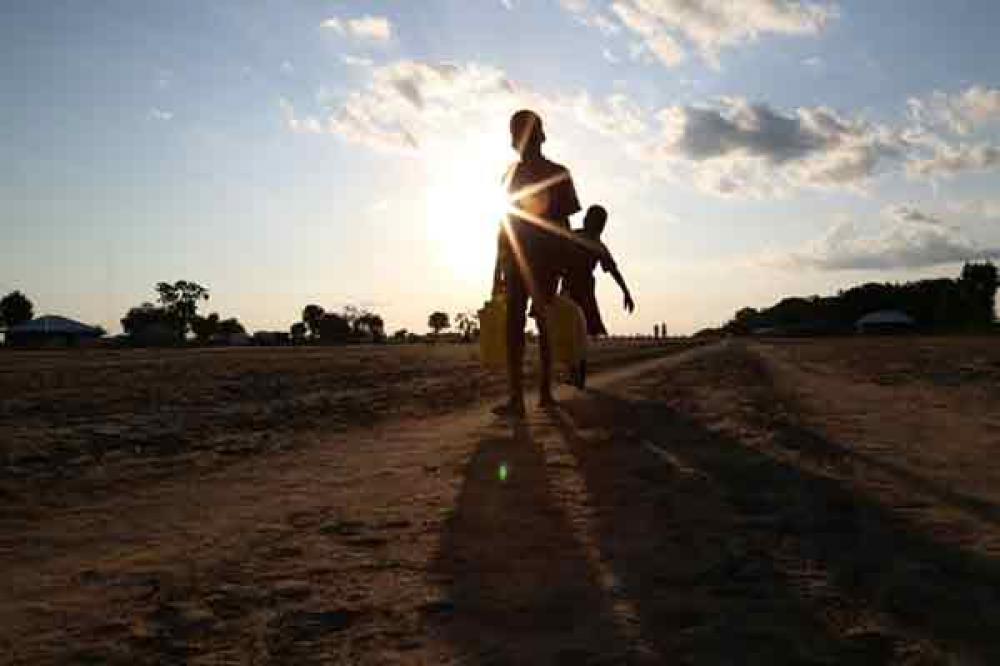Just Earth News | @Just Earth News | 24 Oct 2017

OCHA
“If the famine comes from deliberate action of the State or other players using food as a weapon of war, it is an international crime,” the UN Special Rapporteur on the right to food, Hilal Elver, told journalists in New York.
The expert spoke to the media after presenting her report to the General Assembly committee dealing with social, humanitarian and cultural issues, also known as the Third Committee, where she said an estimated 70 million people in 45 countries need emergency food aid.
Those countries include Nigeria, Somalia, South Sudan, Syria and Yemen, where around 20 million people are hungry or face starvation as a result of man-made conflict.
States and other parties involved in conflicts, Elver said in a press release, need to recognize their own duty to act, and above all, avoid using hunger as a weapon of war.
The right to food is an unconditional human right and legal entitlement for all people, not a discretionary option, she added.
“It is crucial that the international community understands that it is an international crime to intentionally block access to food, food aid, and to destroy production of food.”
She noted that the most serious cases of man-made famine could be referred to the International Criminal Court (ICC), but said in the press conference that this has never been done.
The independent expert urged governments to focus on peace processes and long-term policies that break the cycle of recurring famines.
UN Special Rapporteurs and independent experts are appointed by the Geneva-based Human Rights Council to examine and report back on a specific human rights theme or a country situation. The positions are honorary and the experts are not UN staff, nor are they paid for their work.
UN Special Rapporteurs are in New York this week to present their reports to the General Assembly. Check back to www.un.org/News for highlights throughout the week.